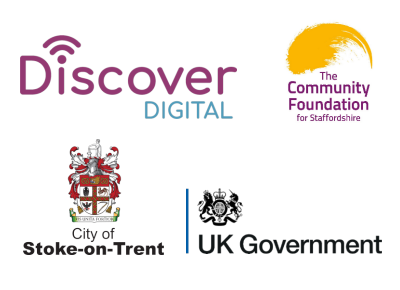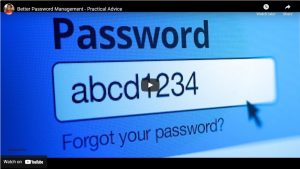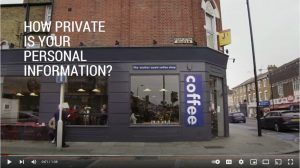Online Safety
The digital world is open to everyone, including criminals. In everyday life we lock our doors and windows and when we go out we keep our money somewhere safe; we are wary of talking to strangers and we don’t tell everyone we meet about our personal lives. To stay safe online we just need to adopt a similar degree of caution.
Safety Tips
(Click any heading to view the tips)
Hide this section
- Use long passwords such as combining three random words. It is generally safer to use a different long password for each site and to save the passwords in your browser.
- Be particularly careful to use unique long passwords for important things such as your email accounts and any sites where you enter financial information.
- Where possible use “two step verification” also called “two factor authentication” to secure your most important online accounts. For example, you enter a password (first step) then enter a single use pass code texted to your mobile phone (second step). Read more about this here.
- The telephone number for your bank will be on the back of your debit card. Put this into your mobile phone contacts and keep it in other handy places. Any time you are worried about your money, call this number.
- Don’t reply to suspicious emails or texts but do report them (see “Reporting” below)
- When emails, texts and messages ask you to do something take a few minutes to think. What could a criminal do with this information?
- Treat every phone call, email, text and online message as suspicious. It may look or sound genuine, but is it? NEVER click the links in emails and messages. Always visit a site by using a known and trusted website address.
- If you are suspicious that a telephone call is a scam, hang up and use a different phone to call the organisation back using a number that you know to be correct. If you don’t have a different phone to use wait for five minutes or phone a friend whose voice you will recognise – the scammers may still be on your phone line even after you think you have hung up the call.
- Automated telephone calls asking you to press a button are almost always scams. Examples include “you owe money”, “you have a tax refund” “your national insurance number is compromised. DO NOT press buttons on your keypad, hang up.
- Check your privacy settings on Facebook and other social media. Scammers may collect your personal details to help them defraud you, your family, friends and colleagues.
- Even seemingly harmless things such as petitions, and interactive social media posts that offer free gifts, quizzes or games may be collecting personal data from you. Think before you share.
- Romance fraud is an increasingly common scam that can cost you a lot of money. A fraudster may gain your trust over a number of weeks or months and have you believe you are in a loving and caring relationship. When they have gained your trust they will ask for money or gifts. Or they might try and get you to invest, arrange a loan or take other financial risks.
- Don’t be fooled by stories of emergencies and hardship. Never send money or gifts to someone you haven’t met in person.
- Don’t share financial information or other personal information that can be used to defraud you or people you know.
- Take care with your personal safety when meeting someone in person for the first time. Consider having your first meeting in a public place.
Cyber Crime
If you or someone else is in immediate danger or risk of harm dial 999 now

You can report fraud or cyber crime to Action Fraud any time of the day or night using their online fraud reporting tool. You can also report and get advice about fraud or cyber crime by calling 0300 123 2040.

Help combat fraud by reporting scam emails, texts, websites and calls to the National Cyber Security Centre

Useful Websites
Video Resources
Discover Digital was originally funded by the UK Government Community Renewal Fund distributed through Stoke-on-Trent City Council. The project was led by Staffordshire University and delivered in partnership with: Voluntary Action Stoke-on-Trent (VAST), Beth Johnson Foundation, Wavemaker, Stoke-North Big Local, WEA, Caudwell Children, Community Foundation for Staffordshire, Stoke-on-Trent College, YMCA, Dove Service and Keele University.



























